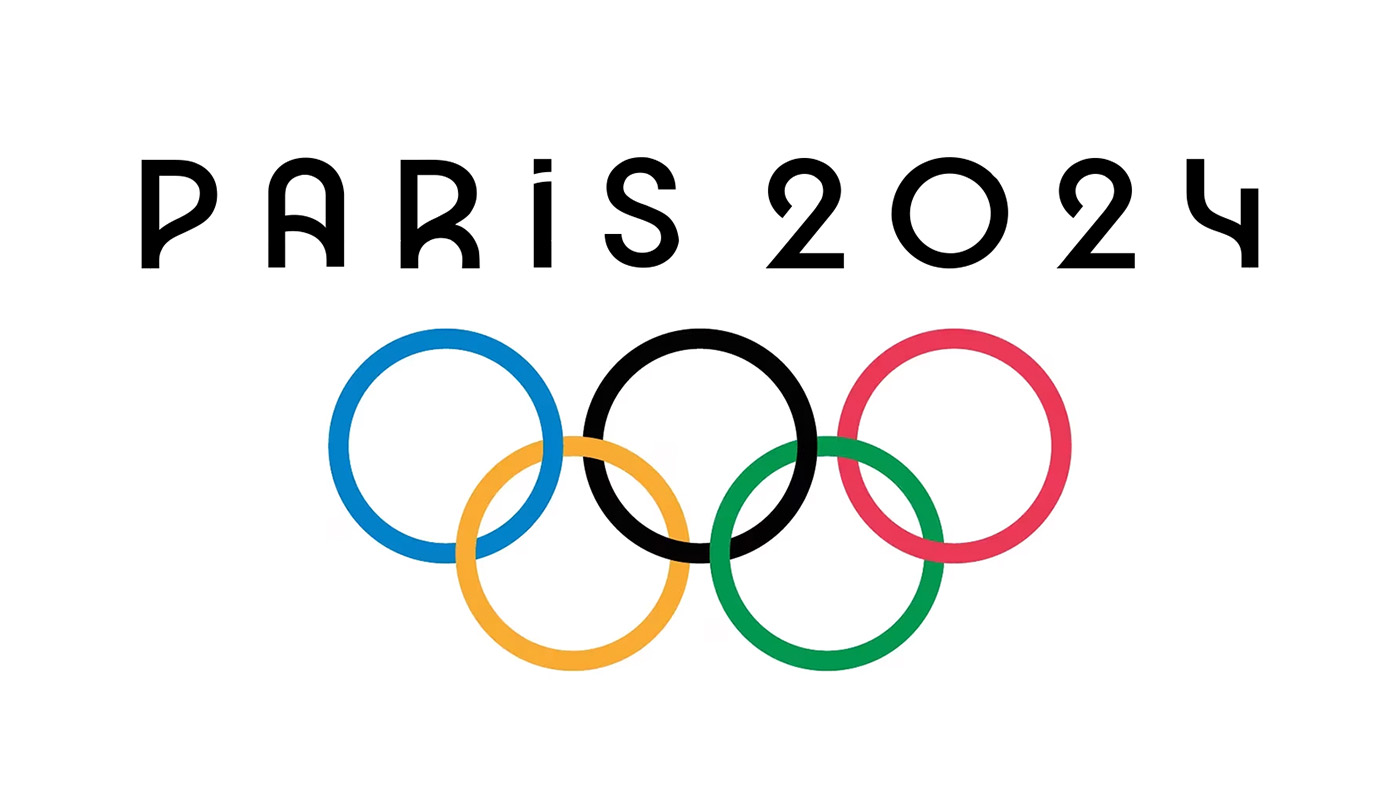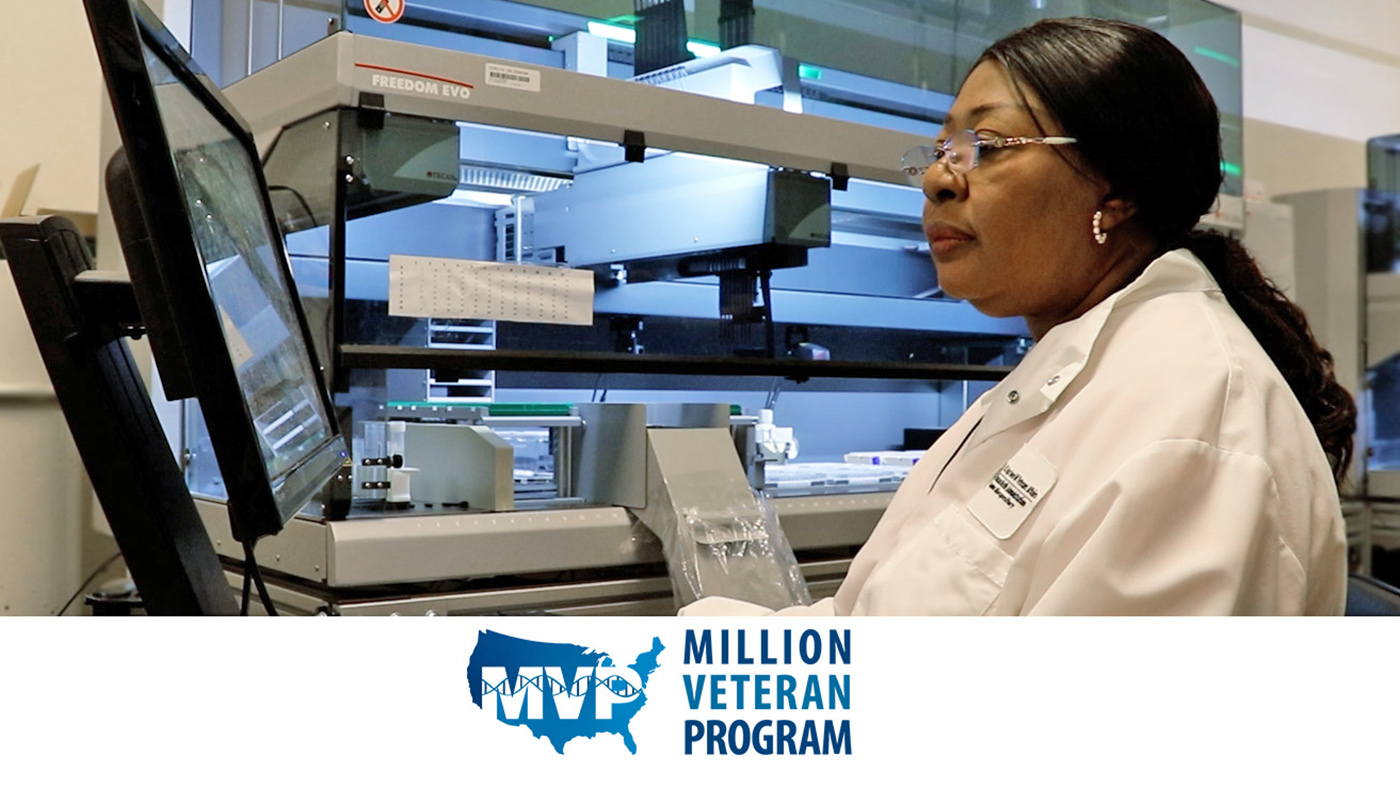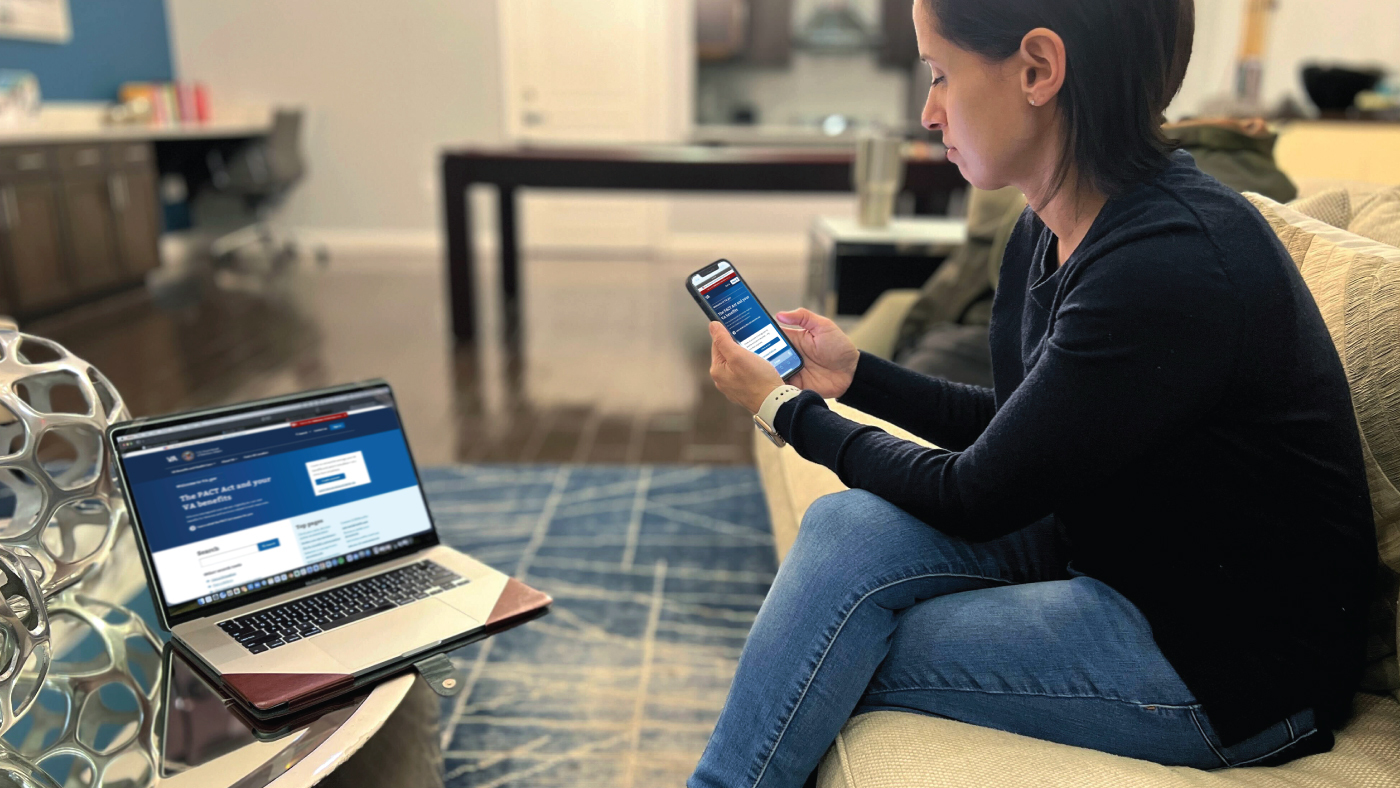These Veterans aren’t playing video games to shoot down asteroids, take part in World War II battles, or follow criminals and their efforts to commit heists. They are, however, striving to improve their mental sharpness.
“Some studies of ‘brain games’ have shown promising effects, but others haven’t.”
That’s what Dr. Allison Kaup, a neuropsychologist at the San Francisco VA Medical Center, has in mind. She’s leading a pilot study on whether two types of video-game-like apps—a multitasking game and a word-puzzle game—can help improve cognitive health in older Veterans with traumatic brain injury (TBI). The games are considered investigational therapeutic software.
The study is called the “Brain Aging in Veterans (BRAVE) Training” program. It involves Veterans ages 60 to 85 who have a history of repetitive mild TBI, also known as a concussion, or at least one moderate TBI. The Veterans in the study have disclosed cognitive complaints, such as trouble concentrating, getting organized and remembering things they need to do.
Evidence suggests that involvement in mentally stimulating activities like crossword puzzles and reading may help keep the brain healthy as people age. But whether computer games are the best way to accomplish this is unclear, Kaup says.
Read more about this study at the VA Research Currents website.
About the author: Mike Richman is a writer and editor for VA Research communications.
Topics in this story
More Stories
Seven U.S. Army soldiers, one Army Reserve soldier and two Veterans are representing Team USA at the 2024 Olympic Games in Paris, which begins today.
The findings of this new MVP study underscore the importance and positive impact of diverse representation in genetic research, paving the way for significant advances in health care tailored to Veteran population-specific needs.
VA reduces complexity for Veterans, beneficiaries, and caregivers signing in to VA.gov, VA’s official mobile app, and other VA online services while continuing to secure Veteran data.






